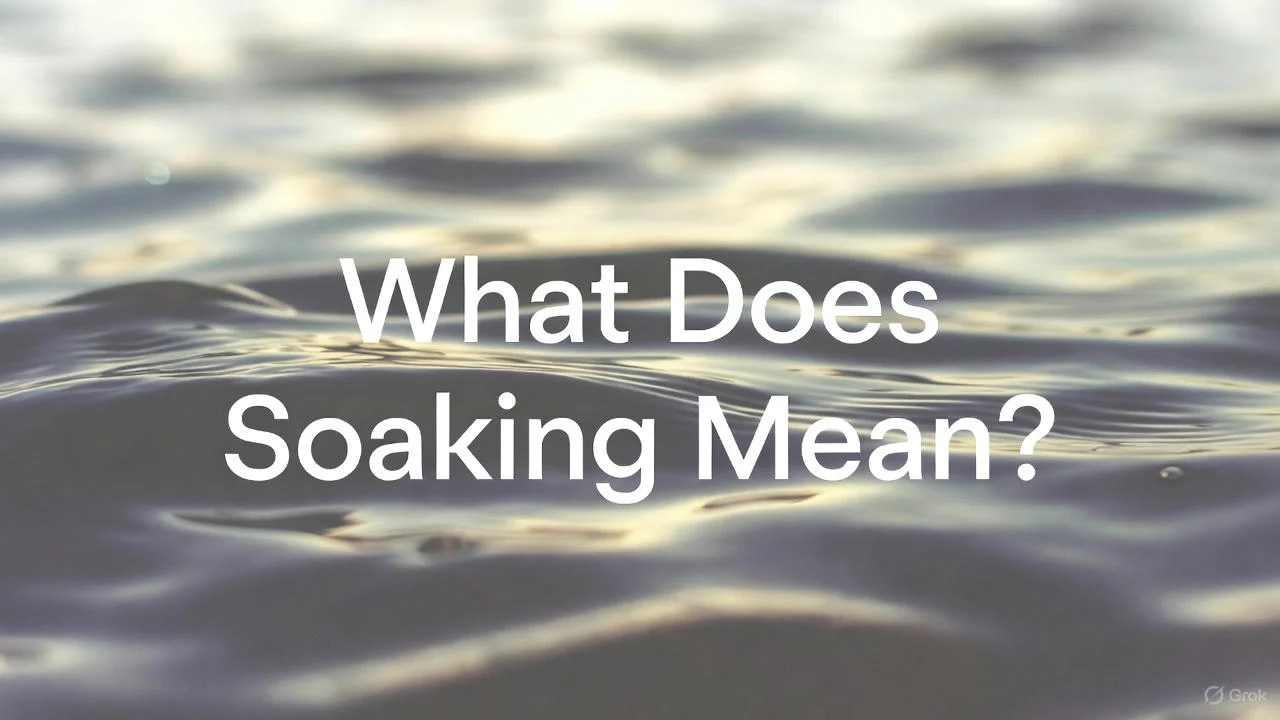Ever seen “soaking” trending on TikTok or Reddit and thought, Wait, are people serious right now? 😳
If you’ve been confused, you’re not alone — this word has gone viral for all the weird and hilarious reasons.
While it might sound like something innocent (like soaking in a tub 🛁), it actually refers to a very specific and strange slang concept tied to religion, memes, and cultural taboos.
In this guide, you’ll learn the real meaning of “soaking,” where it came from, and why it keeps popping up online — all explained safely, simply, and without any cringe. 👀
💬 Definition & Meaning
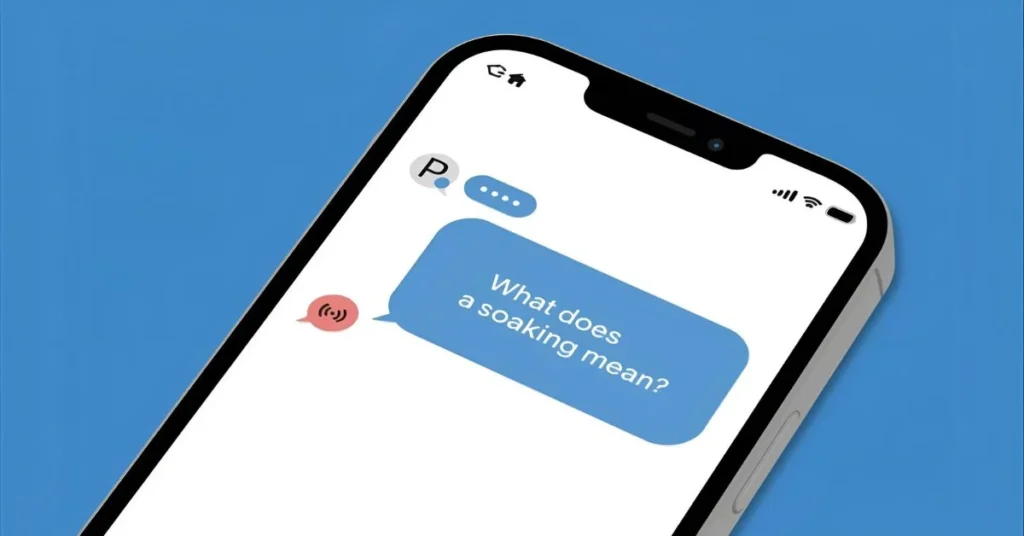
“Soaking” is a sexual slang term associated mainly with Mormon youth culture — it describes a supposed “loophole” where intercourse occurs without movement to avoid technically “breaking” religious rules about premarital sex.
In plain words:
“Soaking” means insertion without thrusting or motion, under the belief that stillness doesn’t count as sex.
It’s one of those internet slang terms that exploded online because of how bizarre the idea sounds — and it’s often treated as a meme, not an actual practice.
Example (Online Chat):
A: “Have you heard about soaking?”
B: “Yeah, that BYU thing? No way people actually do that 😭.”
While it’s mostly a joke today, it started within religious rumor circles before spreading across TikTok, Twitter, and Reddit.
🕰️ Background & History
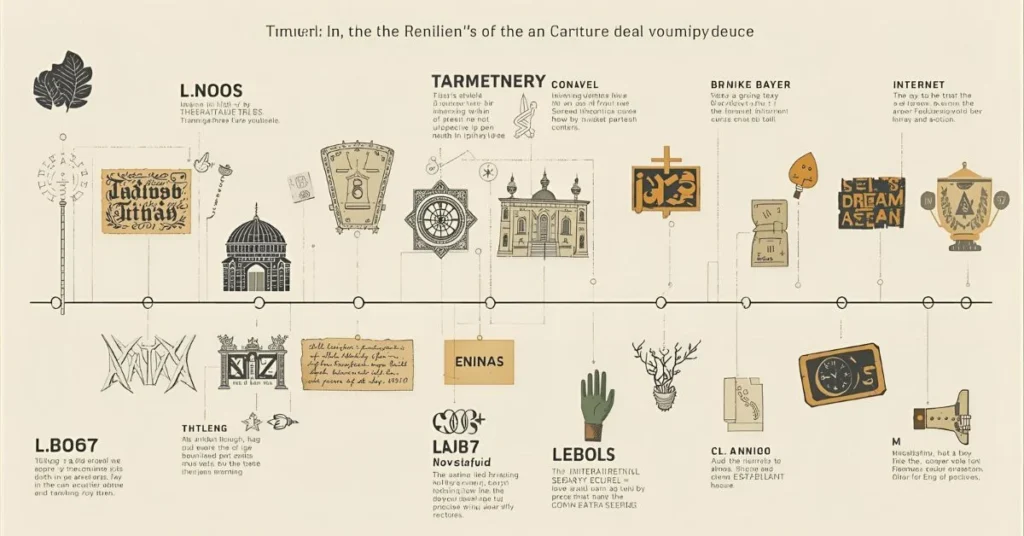
The modern slang use of “soaking” became popular in the late 2010s, especially from memes about students at Brigham Young University (BYU) — a college tied to the Church of Jesus Christ of Latter-day Saints (Mormon Church).
It originated as a satirical commentary on religious taboos surrounding sex before marriage. Some claimed that staying “still” somehow avoided sin — leading the internet to explode with disbelief and humor.
Before the slang meaning took over, soaking was just a regular English verb meaning “to be completely wet or immersed in liquid.” The meme version hijacked that innocent meaning for shock value.
By 2020–2021, “soaking” had become a viral joke across social media platforms, appearing in memes, YouTube stories, and even dictionary forums.
🌐 Usage in Various Contexts

| Platform / Context | Tone or Meaning | Example Use |
|---|---|---|
| TikTok | Meme or reaction | “Please don’t Google what soaking means 💀” |
| Twitter / X | Religious humor | “BYU students invented soaking 😭” |
| Educational or ironic | “Soaking isn’t real, it’s just a myth people joke about.” | |
| Everyday Chat | Shock or curiosity | “Wait… is soaking actually a thing??” |
Today, the word mostly survives as part of Gen Z meme culture, often used sarcastically or humorously, not literally.
⚠️ Common Misconceptions & Clarifications
❌ It’s not general slang for sex.
It’s very specific — the “no movement” part defines it.
❌ Not widely practiced.
Despite all the jokes, it’s mostly an urban myth popularized by memes, not reality.
❌ Not appropriate for all audiences.
The term has a mature undertone — keep it within online humor, not real-world conversations.
✅ Safe way to describe it:
When explaining, you can say “a viral internet slang from Mormon culture” — that’s accurate and neutral.
🔁 Similar Terms & Alternatives
| Term | Meaning | Tone / Context |
|---|---|---|
| Dry humping | Simulated intimacy | Common slang |
| Docking | Another NSFW term | Internet humor |
| Celibacy loophole | Abstaining workaround | Religious humor |
| Soaking | “Stillness as loophole” | Viral meme context |
💬 How to Respond to This Term
Depending on the tone and platform, you can respond differently:
- Funny: “I can’t believe people made that a thing 😂.”
- Curious: “Wait, is soaking even real?”
- Serious: “That’s more of an internet myth than actual practice.”
👉 Tip: If you’re in a professional or educational setting, avoid using the word altogether.
🌎 Regional or Cultural Differences
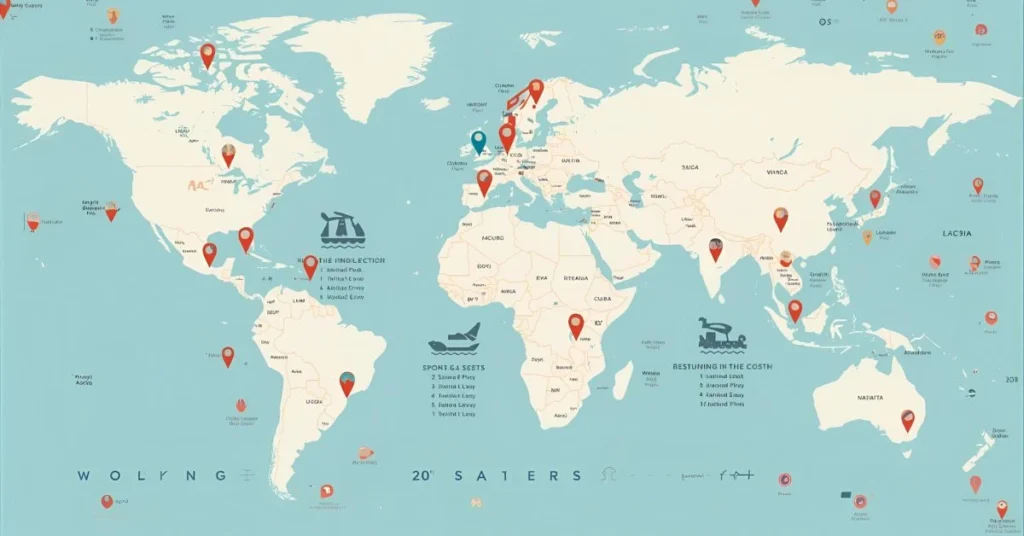
“Soaking” is almost entirely tied to the United States, especially Utah and Mormon-majority communities.
Outside North America, the slang is mostly unknown — except online, where it circulates as a meme. In Spanish, French, or Asian internet spaces, it’s rarely used or recognized.
🚫 Hidden or Offensive Meanings
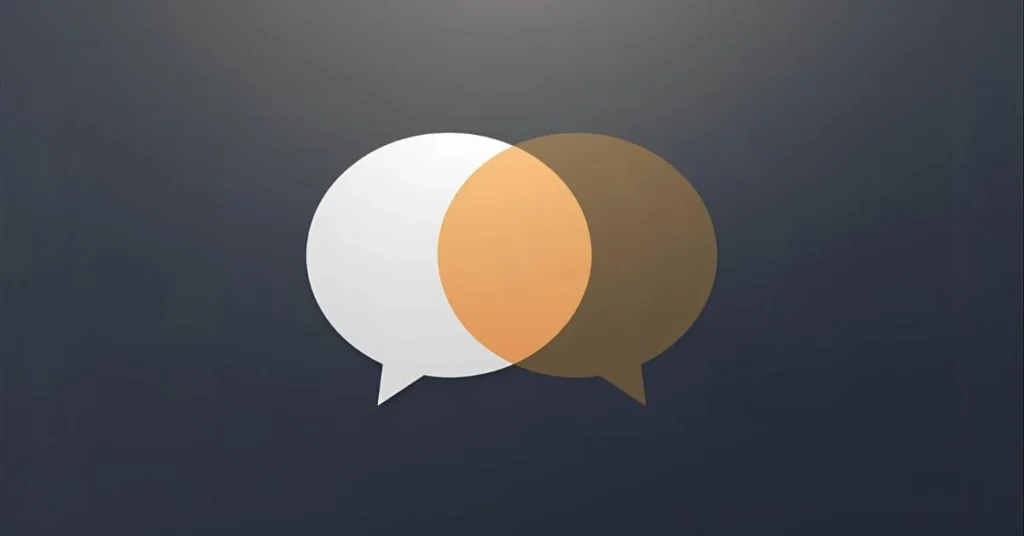
“Soaking” can be offensive if used mockingly toward religious people. Though most jokes target the concept rather than individuals, it’s best to use care.
It’s not a curse word or slur, but it’s definitely NSFW slang — use it only in informal or online humor contexts.
🏢 Suitability for Professional Communication

❌ Not suitable for professional or academic writing.
✔️ Use the literal meaning (“The towel is soaking wet”) if you mean the real English word.
If you must mention the slang in writing, clarify with context:
“In internet slang, ‘soaking’ refers to a viral meme about a supposed religious loophole.”
❓ FAQs
1. What does “soaking” mean on TikTok?
→ It’s a meme about an alleged religious loophole for intimacy — not something people actually do.
2. Is soaking a real practice?
→ Mostly myth and internet exaggeration.
3. Why is it called soaking?
→ Because the slang plays on the literal meaning “to be immersed” — used sarcastically.
4. Where did soaking come from?
→ From Mormon college humor (BYU), later popularized through TikTok and memes.
5. Is soaking inappropriate?
→ It’s NSFW slang — safe to read about but not appropriate for professional use.
🪞 Conclusion
“Soaking” might sound ridiculous, but it’s a great example of how the internet transforms even obscure ideas into cultural phenomena. 💀
From TikTok memes to academic curiosity, it represents how online humor, religion, and curiosity collide in strange — and viral — ways.
So, next time you see someone mention “soaking,” you’ll know it’s not about baths or swimming pools — it’s about one of the internet’s wildest linguistic twists. 💧

